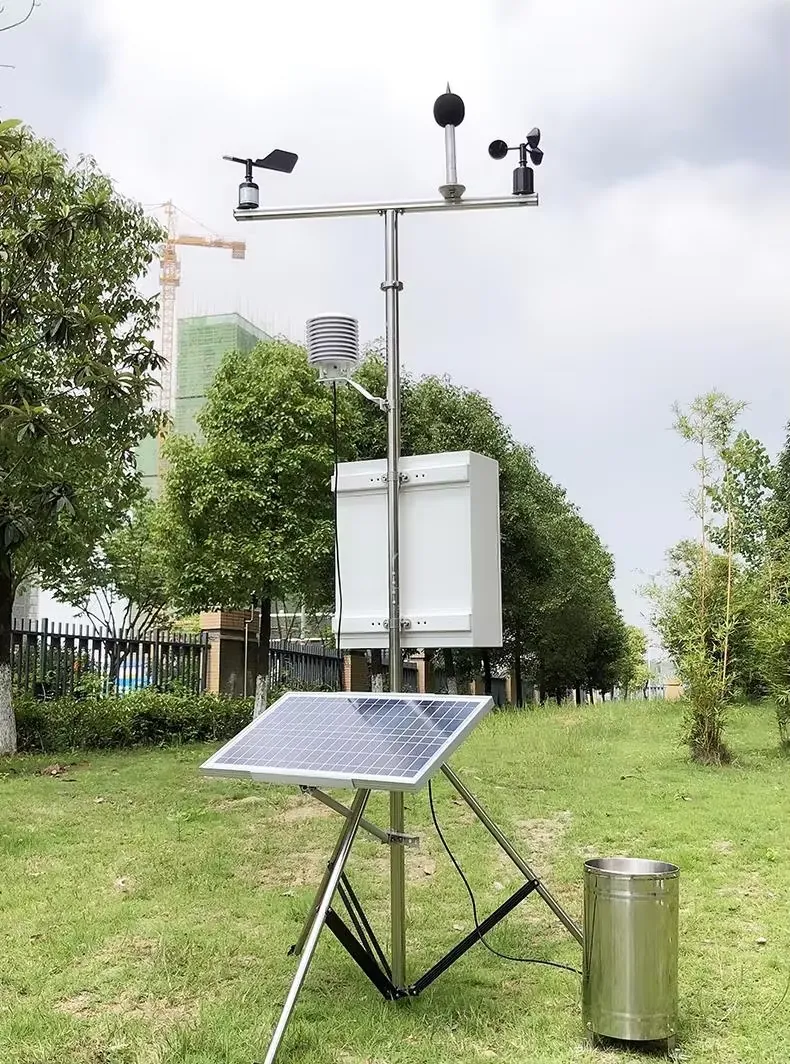| Availability: | |
|---|---|
◀◀ Key Selling Points ▶▶

1. Environmental noise monitoring: Noise sensors can be used to monitor noise levels in cities, traffic, buildings, factories and other environments to assess the degree of noise pollution.
2. Industrial noise control: Noise sensors can be used to detect and monitor these noise levels, and the noise levels can be controlled and reduced by controlling the noise sources and installing sound insulation facilities.
3. Traffic noise monitoring: Noise sensors can be used to monitor the noise levels in vehicles such as roads, highways, railways and airports, and measures can be taken to reduce the impact of traffic noise on surrounding residents.
4. Medical Applications: Noise sensors can be used in medical devices such as hearing tests and electrocardiograms, and can also be used to measure noise levels during sleep to help assess sleep quality.
◀◀ Product Parameters ▶▶
| Parameter | Specification |
|---|---|
| Type | BGT-WZS Noise Sensor |
| Measuring Range | 30-130 dB |
| Frequency Response | 31.5Hz - 8kHz |
| Calibration Device | B & K (Bruel & Kjaer) 4231 |
| Accuracy | ±3dB @ 23±5℃ (IEC 61672 Class 2) Calibrated at 94dB (1kHz) |
| Power Supply | 5VDC or 9-30VDC |
| Output | RS485/RS232/4-20mA/0-5V/0-2.5V |
| Cable Length | Standard 2.5M |
| Material | ABS & Aluminum Alloy |
| Operating Temperature | -40℃~80℃ @ ≤100% RH |
| Power Consumption | <500mW |
| Response Time | <200ms |
| Microphone Size | 0.5 inch |
| Waterproof Rating | IP55 |
◀◀ Application Scenarios ▶▶
Noise testing of urban traffic arteries and urban roads
Environmental noise monitoring outside hospitals and schools
Environmental noise detection at construction sites and thermal power stations
content is empty!